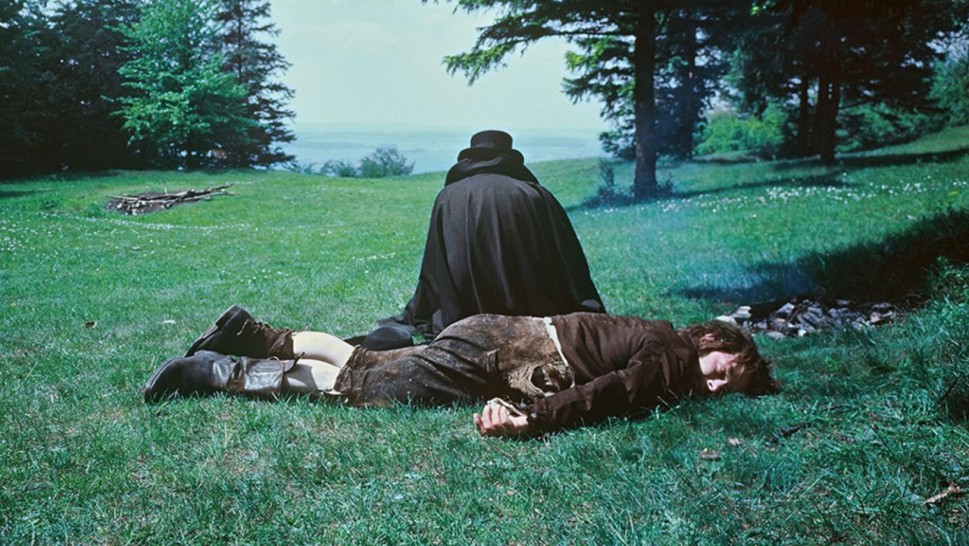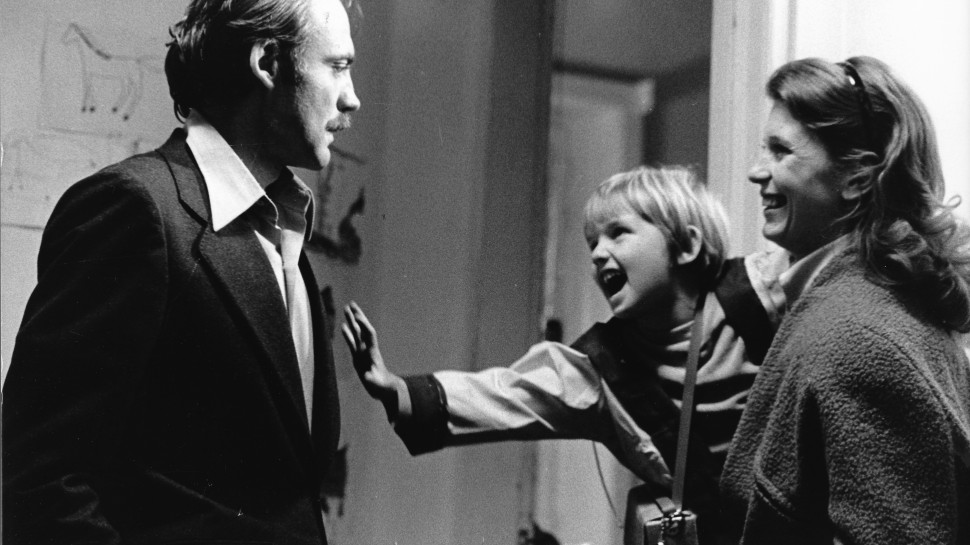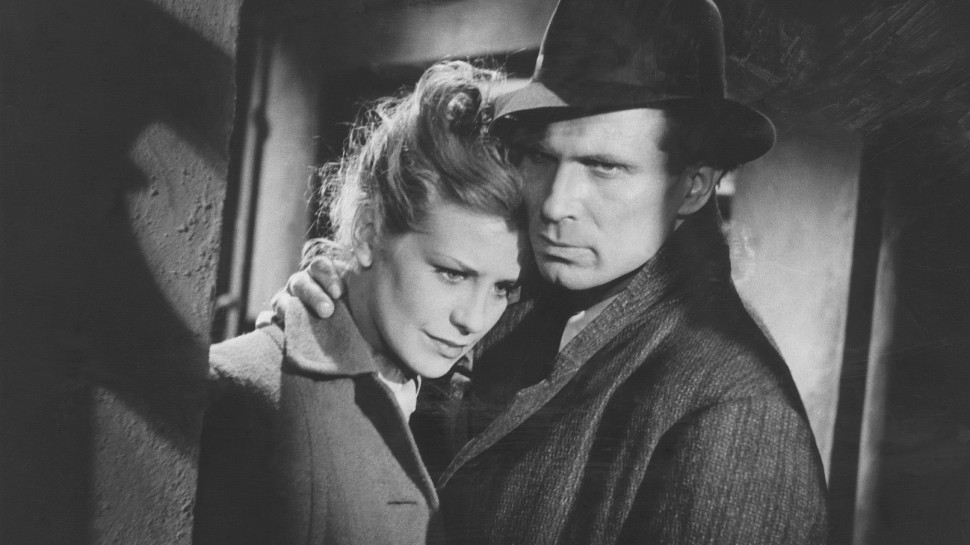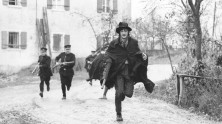



The New German Cinema (Revisited)
The New German Cinema, one of the most influential to emerge in the late 1960s amd early 1970s, embraced several contrasting ideological positions and included arguably the most heterogeneous array of filmmakers at work in Western Europe. Their success was owed in no small part to the economic miracle that had remade West Germany in the 1950s, to the thriving network of film festivals and cinemas that gained international attention for new filmmakers, and to a supportive group of public broadcasters. In retrospect, the movement’s history oddly parallels the rise and fall of the Berlin Wall and the shifting political configurations it represented. With the emergence of a vital new generation of German directors, this older movement can perhaps now be more fully understood and its enduring significance measured. This series provides just such an opportunity for reexamination by tracing a number of this cinema’s exemplars, beginning with several early precursors.


























